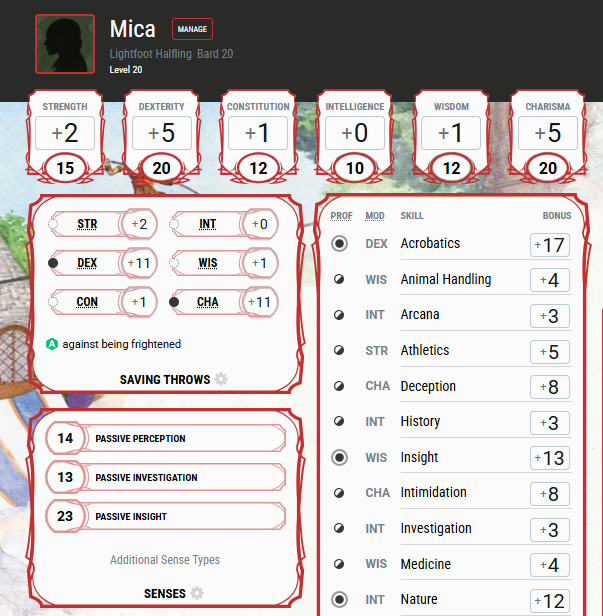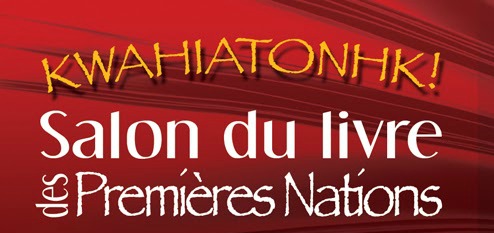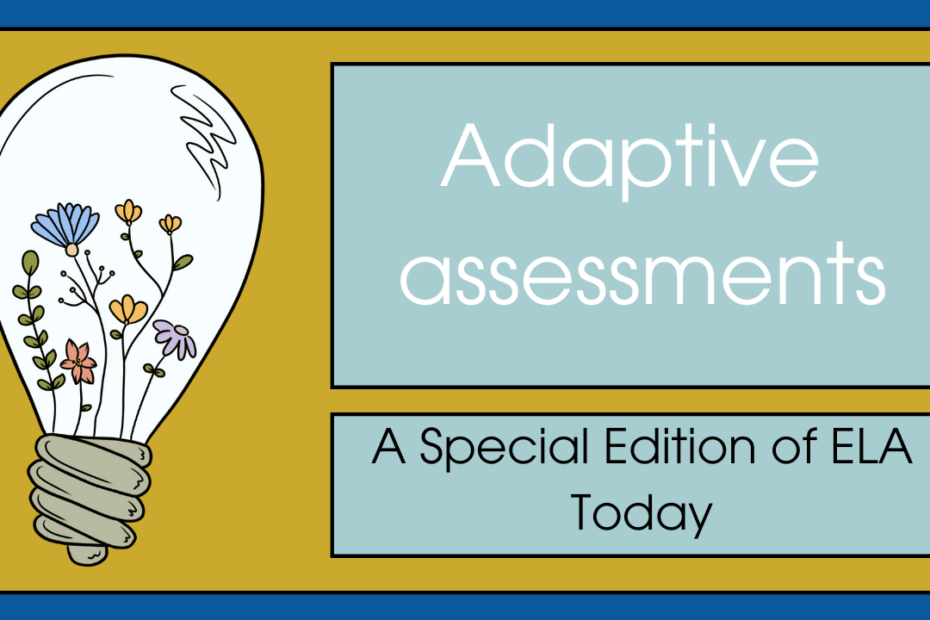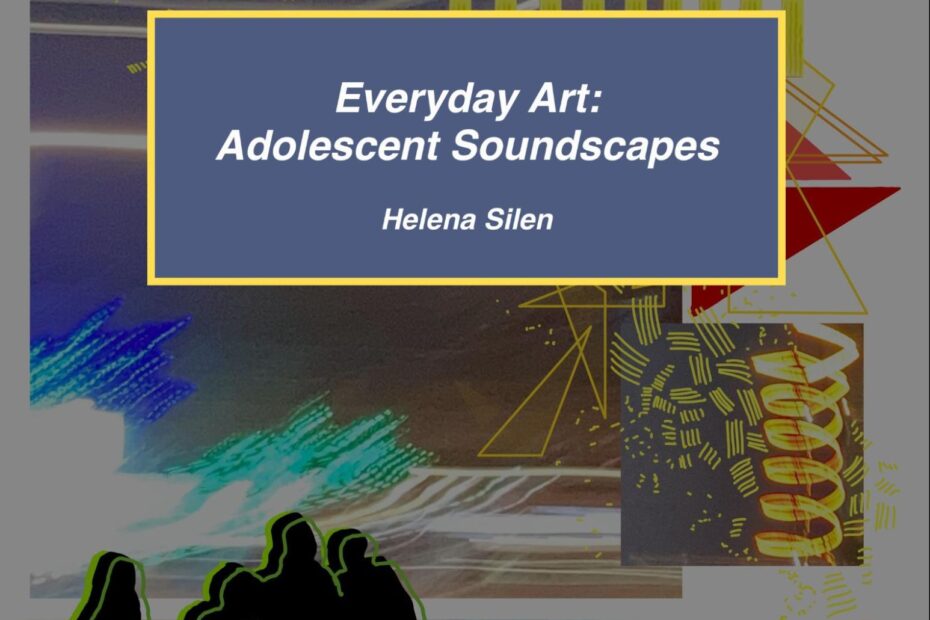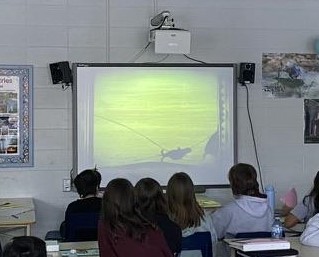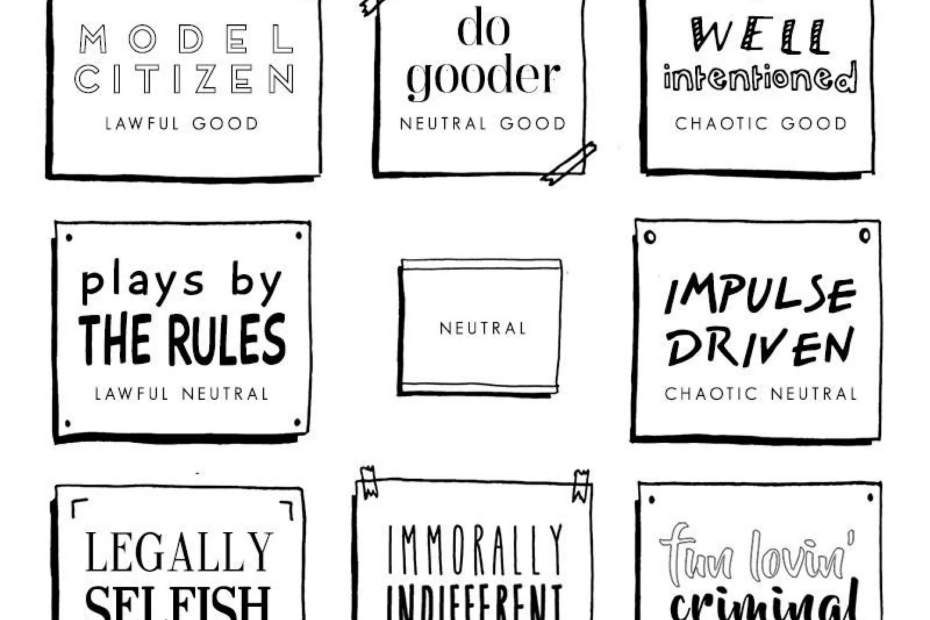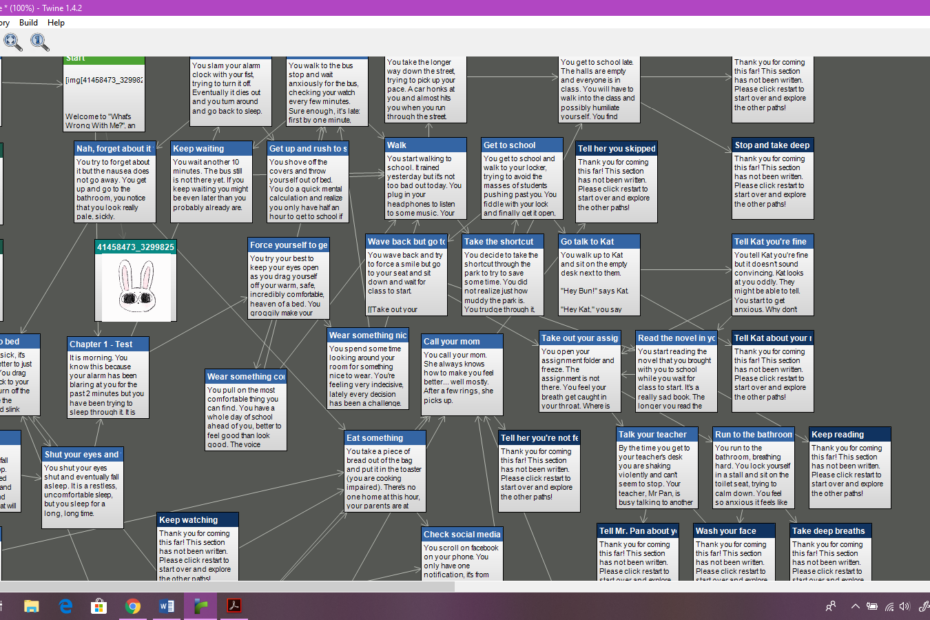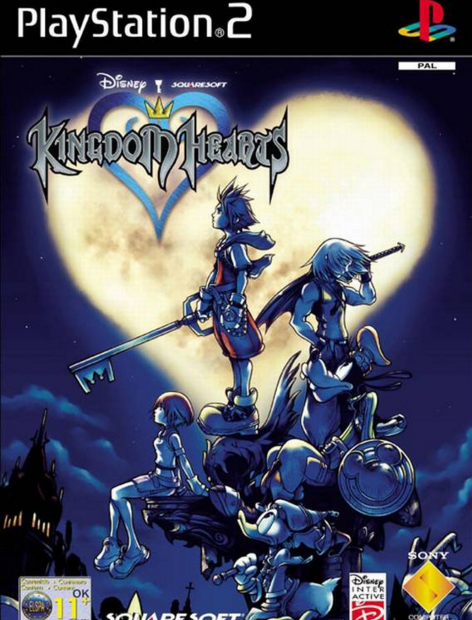Using Generative AI to Facilitate Dungeons and Dragons in the Classroom
Every teacher is currently facing the scary prospects of AI in schools, but most energy has been focused on the idea of students using it for plagiarism. I challenged myself to think of ways that we could leverage AI how it was meant to be used: as a tool to enrich and facilitate our jobs as teachers

